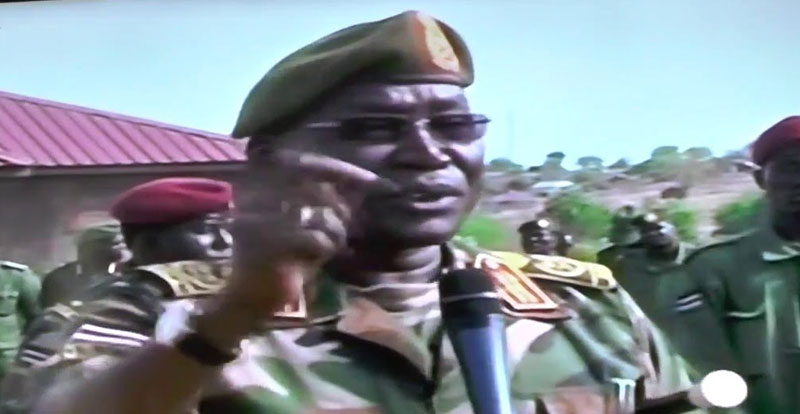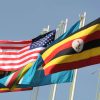Columnists
Ripples of Malong’s sacking in Uganda
Ever since the fallout between President Salva Kiir, in December 2013, there has been disharmony in South Sudan. At the center of it has loomed the figure of Gen. Paul Malong Awany, the chief of the armed forces, the SPLA – the Sudan People’s Liberation Army.
Malong has led an ethnic cleansing reprisal against other tribal groupings, he, a Dinka, perceived to be against and working for the overthrow of Kiir. Alongside the Dinka elders and his militia, the Mathiang Anyor, Malong attacked civilians in Eastern and Central Equatoria. In Juba, itself, he is reported to have ordered the atrocities, including massacres and gang rape, even of the United Nations and the African Union workers.
This even made the former UN Secretary General, Ban-Ki Moon, to visit the country and complain to Kiir.
In the process, it caused a spate of resignations by generals and civil servants accusing the government of tribalism. Among the top generals who quit was Lt-Gen. Thomas Cirillo, a Shiluk, who launch his own rebellion against Kiir.
These developments have pitched the country into famine, paralyzed public services and forced a quarter of the population, of eleven million people, to flee their homes. Two million of these are internally displaced, while the other million have fled into Uganda as refugees.
Ugandan traders in Juba have also borne the brunt with a number of them being murdered. Last week, it prompted KACITA – the Kampala City Traders Association – to order for their repatriation back to Uganda.
A combination of all these factors must have led Kiir to sack “King Paul” Malong last week. This caused further convulsions in Juba, as Malong withdrew to his northwestern town of Yirol, with a considerable number of troops. There was fear that, he too, might use his militia against Kiir. He denied this and was persuaded to return to Juba.
Malong’s replacement, Gen. James Abongo Mawut, from the minority Luo tribe, also in Aweil, is pledging to end the ethnic mayhem, but because he has been closely tied to Malong before, there is suspicion that Abongo, will not manage to get out of Malong’s shadow.
Three problems have not been settled, or, are being glossed over. Firstly, there has been a lukewarm attempt at a reconciliation process – termed “national unity reconciliation”. There is a try to get all groups to the negotiation table, except the main perpetrator of the rancour, Machar.
Since his escape from Juba a year ago, Machar has been billeted in South Africa. All indications are that Kiir is making no attempts to get him under the reconciliation agenda, but instead Kiir is trying to isolate him from the process. This will not work since there are still many militia groups aligned to Machar.
When Cirillo broke away from the SPLA, it is said that he has gone over to Machar’s side. The recent reported upheaval in Juba, that has divided the city into two, is a result of this unsettlement. Moreover, the South African security has of recent arrested suspicious elements believed to be assassins sent to kill Machar. This further complicates the reconciliation process.
Secondly, the sending of a peace-keeping force, mainly of Rwandese troops, as an attempt to stabilize the situation and mediate between the fighting tribal group militias is seen as lukewarm. Previously, the Kenyan contingent was accused by the United Nations workers for having turned a deaf ear to their cries as the SPLA troops of Malong carried out atrocities against them and the civilians.
A third factor is the unfettered refugee state in the neighbouring states, especially in Ugandan. As the many ordinary displaced are streaming into the villages of Northern Uganda, the many well-to-do South Sudanese, here, are living it off their lives. For instance, Malong, is having a pad in the plush Muyenga suburb of Kampala.
Sometime ago, an American actor and a South Sudan activist and fundraiser, George Clooney, revealed that South Sudan government, military officials and their families are ripping the country apart of its natural resources. According to Clooney and another associate, John Prendarghast, these people are in collusion with international banks, multinational companies, mining conglomerates, arms dealers, estate developers and lawyers, forming “holding companies for oil and other minerals”. As such, it appears they have no undue interest in sorting out the problems of South Sudan.
Comments














